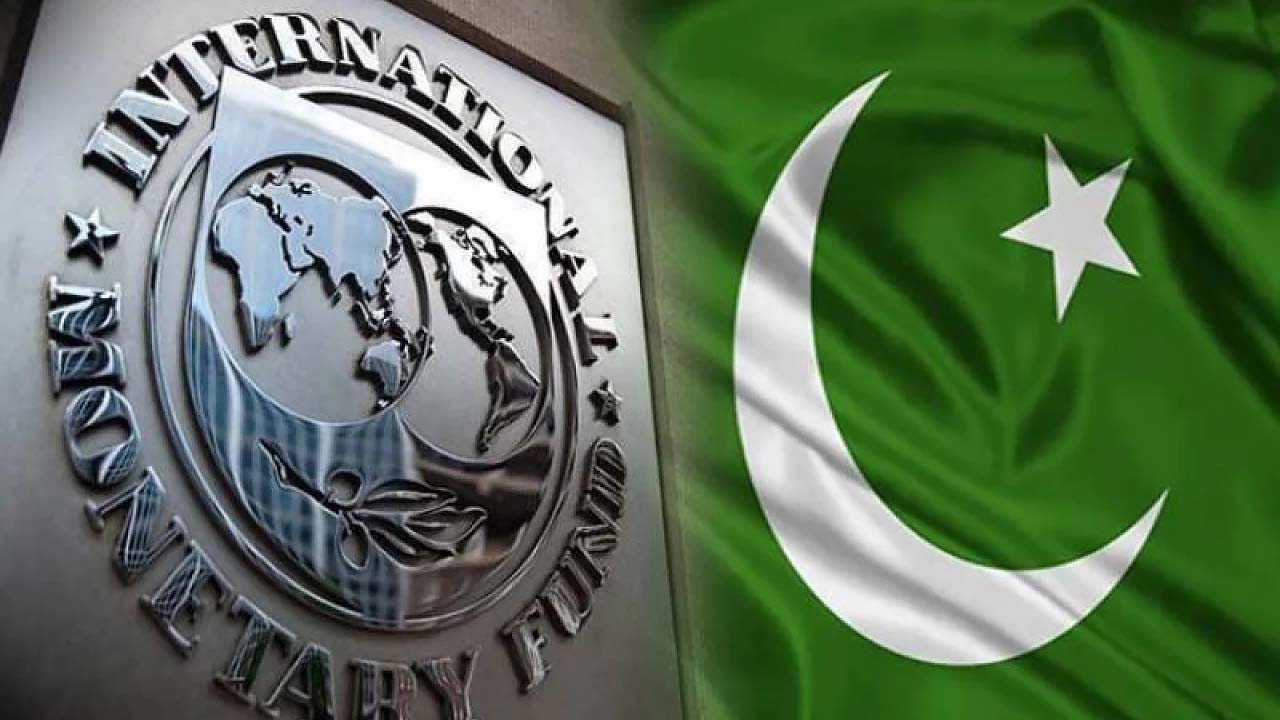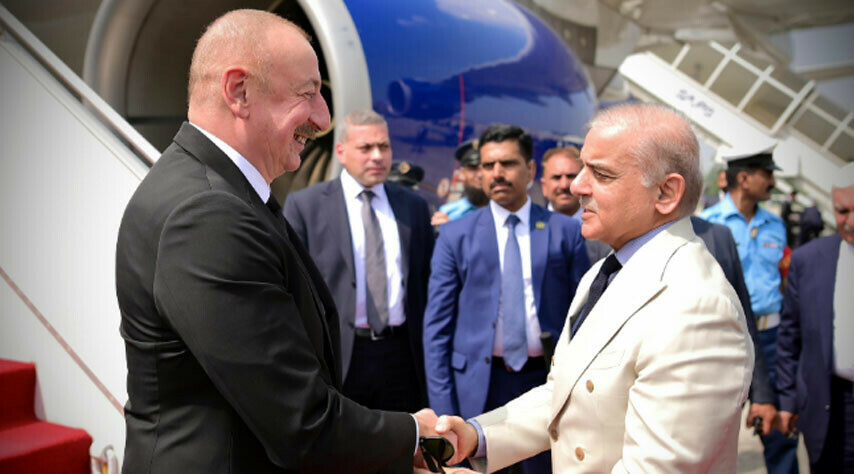PTBP Web Desk
Pakistan has paid a total of SDR 1.90 billion (approximately USD 2.69 billion) in interest under various International Monetary Fund (IMF) programs from 2008 to June 2025. This figure includes surcharges of SDR 401.24 million, according to documents released by the Economic Affairs Division (EAD) of Pakistan.
The payments cover multiple IMF arrangements, including Standby Arrangements, Extended Fund Facilities (EFF), Rapid Financing Instrument loans, and emergency support packages, highlighting Pakistan’s long-term engagement with the IMF.
Over the past 17 years, Pakistan received a total of SDR 17.45 billion through various IMF programs. The breakdown of disbursements is as follows:
- Standby Arrangement 2008–2010: SDR 4.94 billion
- Emergency Natural Disaster Assistance 2010: SDR 297 million
- Extended Fund Facility (EFF) 2013: SDR 4.39 billion
- EFF 2013–2025: SDR 3.04 billion
- Rapid Financing Instrument Loan 2020: SDR 1.02 billion
- Standby Arrangement 2023: SDR 2.25 billion
- EFF 2024: SDR 1.52 billion
- Standby Arrangement Programme 2008: SDR 1.52 billion
These programs reflect Pakistan’s reliance on IMF support for economic stabilization, emergency financing, and fiscal reforms over nearly two decades.
The government’s interest payments on IMF loans have varied over time:
- 2009–2015: SDR 257.5 million
- Emergency Natural Disaster Assistance 2010 (2010–2015): SDR 14.5 million
- EFF 2013–2025: SDR 543.6 million
- Extended Facility 2019 (2019–2025): SDR 411.4 million
- Rapid Financing Instrument Loan 2020 (2020–2025): SDR 110.1 million
- Standby Arrangement 2023 (2023–2025): SDR 142.23 million
- EFF 2024 (2024–2025): SDR 17.6 million
The highest mark-up was paid in calendar year (CY) 2025, totaling SDR 376 million. In comparison, SDR 325.79 million was paid in CY23 and SDR 142.6 million in CY22. The lowest payments occurred in 2014 (SDR 24 million) and 2015 (SDR 27.6 million), with 2014 being the only year with no surcharge applied.
These payments include both principal mark-ups and surcharges, reflecting Pakistan’s commitment to honoring its IMF obligations.
On October 15, 2025, the IMF team reached a staff-level agreement with Pakistan regarding the second review of the 37-month Extended Arrangement under the EFF and the first review of the 28-month Resilience and Sustainability Facility (RSF).
The agreement is now subject to approval by the IMF Executive Board. Upon approval:
- Pakistan will gain access to approximately USD 1 billion (SDR 760 million) under the EFF.
- An additional USD 200 million (SDR 154 million) will be available under the RSF.
This will bring total disbursements under both arrangements to around USD 3.3 billion, further supporting Pakistan’s economic stabilization and fiscal reform initiatives.
Pakistan’s engagement with the IMF over the past 17 years highlights several key aspects:
- Economic Stabilization: IMF programs have provided liquidity during balance-of-payments crises and facilitated macroeconomic adjustments.
- Emergency Financing: Programs such as the Emergency Natural Disaster Assistance 2010 and Rapid Financing Instrument Loan 2020 provided timely support during natural disasters and economic shocks.
- Structural Reforms: The IMF has guided Pakistan on fiscal consolidation, taxation reforms, and monetary policy adjustments.
- Long-Term Financing: Extended arrangements and standby programs have offered Pakistan the flexibility to repay debts gradually while maintaining fiscal stability.
Despite significant interest payments, these programs have been vital for sustaining Pakistan’s foreign exchange reserves and overall economic stability.
From 2008 to 2025, Pakistan’s total disbursements to the IMF, including principal and interest, illustrate a pattern of cyclical borrowing and repayment:
- Early Programs (2008–2010): Focused on balance-of-payments support and fiscal stabilization.
- Post-2010 Programs: Emphasized disaster assistance and economic recovery after natural calamities.
- Recent Arrangements (2020–2025): Aimed at structural reforms, resilience, and sustainability, with extended support under the EFF and RSF.
These patterns reflect Pakistan’s evolving economic needs and the IMF’s role as a strategic financial partner.
With the upcoming Executive Board approval, Pakistan is expected to receive additional disbursements under the EFF and RSF, which will:
- Strengthen foreign exchange reserves
- Support economic reforms and fiscal consolidation
- Provide funds for infrastructure, social programs, and emergency support
This continued partnership underscores the importance of Pakistan-IMF cooperation for long-term economic resilience.



